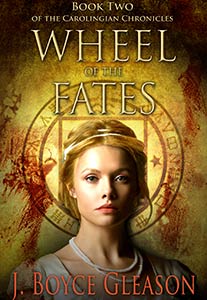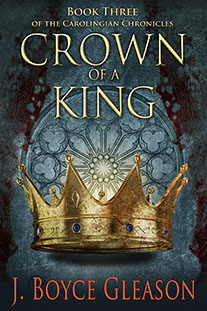This Tuesday Poetry Post comes via a holiday greeting from Dartmouth College. Although a fraternity brother of mine, I don’t know Jack Bolger. He graduated a lifetime after me and is now serving as a Marine Corps officer.
But the way he speaks about Dartmouth and Hanover hits very close to home:
For what is a college but a transitory way station,an ephemeral experience that can only be had once?
The beauty of this time in our lives is that it is so fleeting and precious,but we don’t usually appreciate it that way.
In carelessness is joy, in ignorance bliss.
I’d like to believe that these will not be the greatest years of my life, and that the best is yet to come, but I don’t know how I could possibly have more fun.
I’ve watched meteors burn across the universe on the golf course, shivering in a blanket with friends.
I’ve basked in the waters of the Connecticut at sunset, and watched the remains of the day bleed out into the treetops.
I’ve gotten lost on the trails along the Connecticut River, wandering deep into the streambeds beneath the whispering pines.
I’ve seen black moose gallop through the snow up north and watched deer walk silent as ghosts across Rip Road late at night.
I’ve started to notice things about you, Dartmouth.
How quiet you are in the early mornings before dawn has painted you with the colors of the day.
How eerie you are on weekday nights during the witching hour, when mist wreathes your streets and magic seems to walk abroad.
How serene the campus seems in the dark of a winter’s afternoon, buildings and grounds all draped in snow, woodsmoke perfuming the sky.
I love how cozy this place feels, all tucked in, safe and sound and warm, even though the wolf-wind maybe be wailing at the doorways, and the snow drifts deep along the road.
By Jack Bolger ’13 first published by The Dartmouth, May 23, 2013
To view the holiday greeting, click here: http://www.youtube.com/watch?v=m7uQp8O6K94&feature=youtu.be





